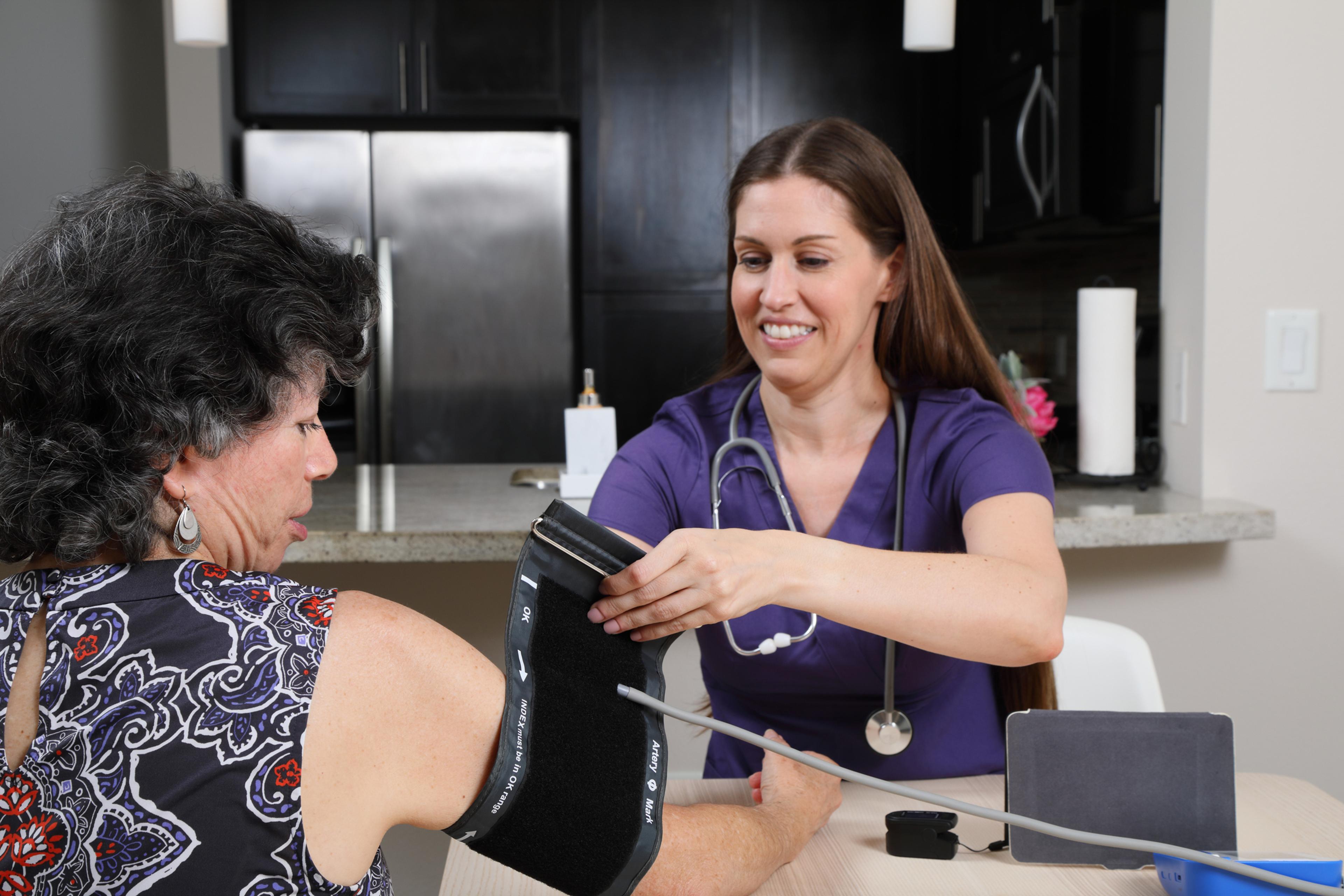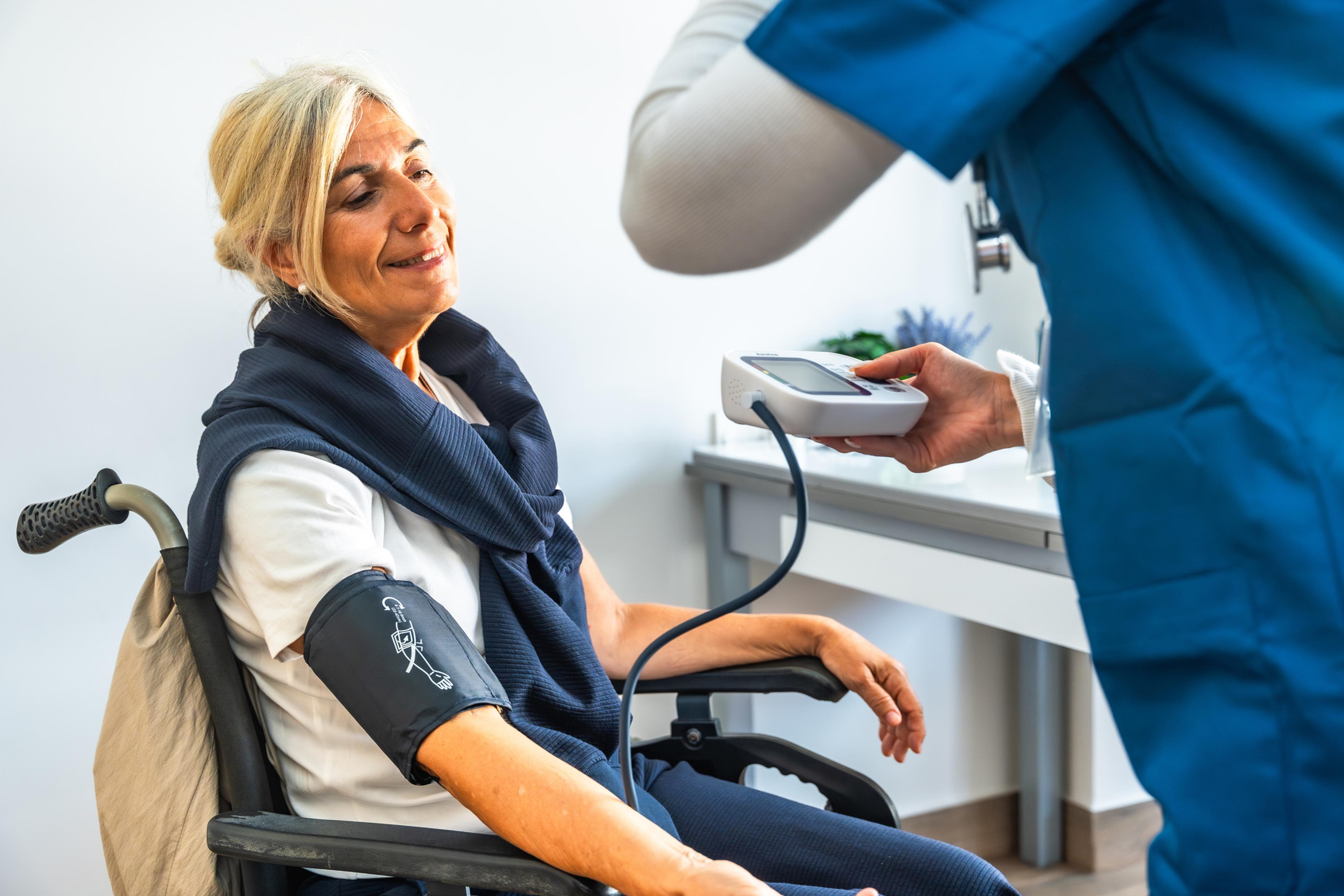How to Stay Up to Date on Preventive Care

Lindsay Knake
| 3 min read
Lindsay Knake is a brand journalist for Blue Cross B...

Staying on top of your health with preventive care is one of the best things you can do for your current and future self.
Living a healthy lifestyle and diagnosing health conditions early makes care more manageable and affordable. A common condition like prediabetes, for example, can be reversable. Annual exams and preventive screenings can help you live a longer, healthier life. Here is a guide to planning out what exams and screenings you need:
Take time to schedule out your annual appointments
Each year, you’ll want to have routine examinations to manage your health.
Annual physical exam
Each year, you’ll see your primary care physician to check your blood pressure, review medications and discuss any concerns. Women will also need pap smears every three years.
Your doctor may also look for signs of anxiety, depression and other mental health conditions at these yearly visits.
Dental cleanings
Typically, you have two dental cleaning appointments per year. Oral health is an essential part of overall health. Periodontal disease can lead to loss of teeth and is linked to coronary artery disease, according to the Mayo Clinic.
Eye exams
Regular eye exams are important to check your vision and eye health. For those who wear glasses or contacts, these exams are typically annual. For others, the American Optometric Association recommends an exam every other year until age 65 and then yearly exams thereafter. Eye doctors can also find symptoms of:
- Cancer
- Diabetes
- Heart disease
- High blood pressure
- Thyroid disorder
Keep track of screenings
Screening tests, which are medical tests to check for diseases early, when they may be easier to treat.
Common annual screenings include:
- Blood pressure screening
- Pre-diabetes and diabetes screening
- Cholesterol screening
These screenings check for metabolic conditions that can lead to serious complications and health problems, but these conditions are treatable with dietary changes and medication.
List out screenings you need by age. Here are guides for various decades:
As you get older, the need for cancer screenings including breast cancer, prostate cancer, cervical cancer and colorectal cancer will increase.
Keep track of vaccines
Vaccines are another important part of preventing diseases and health problems. There are annual vaccines, such as flu and COVID, but vaccines adults should get every decade or before or after certain ages.
Here is a list of vaccines adults should keep track of:
- Tdap (tetanus, diphtheria and pertussis):every 10 years
- Varicella: for adults who haven’t been vaccinated or had chicken pox
- Shingles series: after age 50
- Pneumococcal: after age 65 or anyone at high risk
- RSV: pregnant women and anyone age 65 or older
- HPV: any adult younger than 45 who hasn’t been vaccinated
Create a family health history
Set aside time to discuss health history with your family and bring that information to your physician. Your doctor can help you determine if you should start particular screenings earlier.
If you have a family history of a certain cancer or even a disease that isn’t curable, the knowledge will help you and your health care providers determine a course of action.
Along with these appointments and screenings, focus on living a healthy life through the rest of the year.
- Eat a healthy diet
- Exercise regularly
- Get plenty of sleep
Image: Getty Images
Related:





